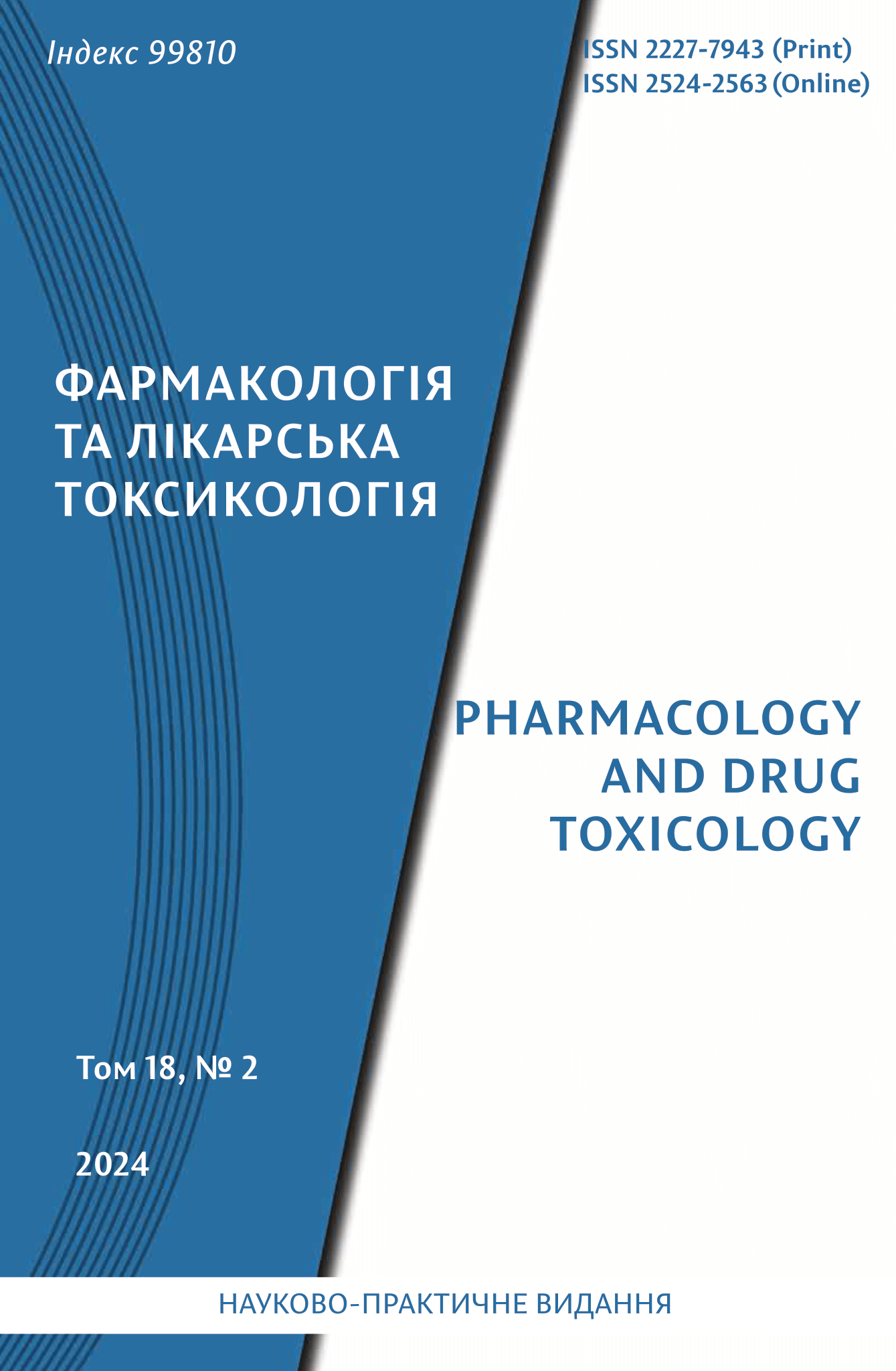Abstract
Use of leflunomide (LEF), a synthetic immunosuppressor, for the treatment of rheumatoid arthritis (RA), has become an innovation in the management of the disease. Despite the widely and successfully use of the LEF for RA treatment, its pharmacological properties and side effects are not well understood.
The aim of the study was to examine the gastroduodenal effects of prolonged enteral use of the LEF in adjuvant-induced RA and comorbid arterial hypertension (AH).
The experiments were carried out on male and female mature nonlinear rats, which were divided into five groups. The animals of control group (n = 10) were treated with starch suspension, the animals of the second group (n = 15) were injected with complete Freund’s adjuvant – adjuvant-induced arthritis (AA), the third group (n = 15) AA and comorbid AH (salt-loading model), the fourth group (n = 15) consisted of animals with AA treated with LEF, the fifth group (n = 15) – animals with comorbid condition (AA + AH), which were treated by LEF. Administering of starch-LEF suspension into the stomach was carried out through a special metal probe to rats with adjuvant-induced arthritis and comorbid pathology once daily for the first 3 days at a dose of 15 mg/kg (shock dose) and then at a dose of 1.5 mg/kg (therapeutic dose) for the next 53 days. After finishing the experiments, gastroduodenal toxic effects of the drug were determined according to the frequency of rats with pathological lesions (hyperemia, petechiae, edema, ulcers) and intensity of the damages using a point scale.
It has been established that prolonged use of the LEF leads to high levels of gastroduodenal toxicity in rats with adjuvant-induced arthritis and combined pathological condition: an increase in the frequency of rats with gastroduodenal mucosal pathology and intensity of various types of damages (petechiae, edema, ulcers). LEF induced higher prevalence of duodenal than gastric toxicity in rats with both adjuvant-induced arthritis and arterial hypertension comorbidity.
Thus, gastroduodenal mucosa pathology after prolonged use of LEF in adjuvant-induced arthritis and comorbid state increases a need for adjuvant therapy to prevent such adverse effects. Moreover, further pharmacological research in order to introduce appropriate drugs is recommended. Furthermore, conducting preclinical and clinical studies to understand the pharmacokinetics, mechanisms of action, and interaction of LEF, in particular, with antihypertensive and gastroprotective agents seem necessary.
Implementation of the results of the study in healthcare practice will help to optimize the treatment regimen for rheumatoid arthritis and comorbidities.
